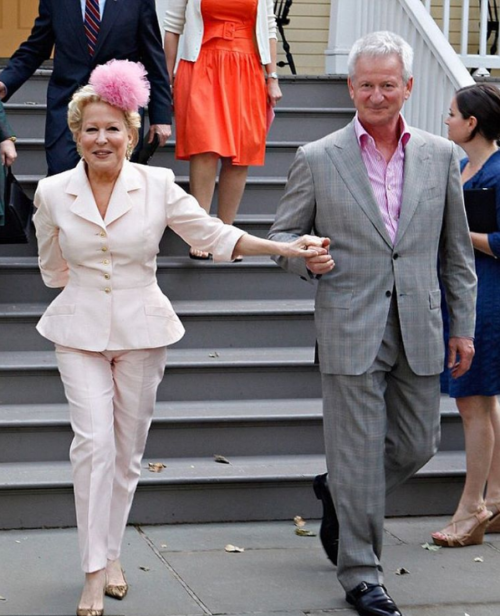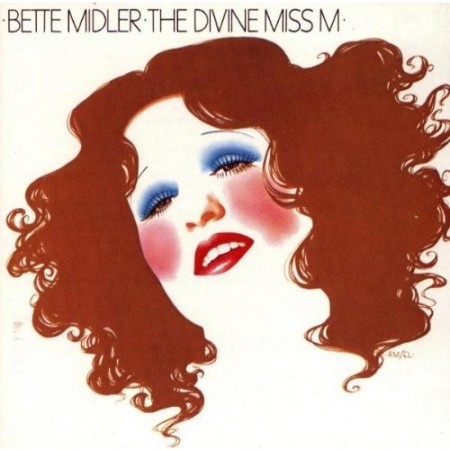Boston Globe
Melissa Manchester shares life lessons, new music in Lowell
By Ed SymkusGLOBE CORRESPONDENT FEBRUARY 21, 2015
Unless you were a regular at coffeehouses in New York, New Jersey, and Connecticut in the early 1970s, the first time you heard Melissa Manchester’s voice was likely on Bette Midler’s debut album, “The Divine Miss M.” Manchester was one of Midler’s backup singers the Harlettes.
But Manchester, who’s giving a series of master classes, as well as a concert in support of her new album, “You Gotta Love the Life,” this week at UMass Lowell, soon left Midler for a solo career. She reached the Top 10 three times, with “Midnight Blue,” “Don’t Cry Out Loud,” and the Grammy-winning “You Should Hear How She Talks About You,” did a bit of theater, TV, and film acting, currently teaches “The Art of Conversational Singing” at USC, and has always made time for concertizing.
“The stage is my office,” she says. “It’s where I work.” Manchester, 64, spoke about her musical life by phone from her home in Los Angeles.
Q. It’s been a decade since you recorded “When I Look Down That Road.” Why so long between albums?
A. I’ve always wanted to make another album, but I couldn’t quite figure out how to do it. The old paradigm was that you sign with a big record company, which is essentially your bank, and even after you’ve made all their money back, they still own your work. That part was problematic to me. It wasn’t until I started teaching at USC, and my students would show me their five- or six-song CDs, and I asked them how they got it done. They said it was through crowdfunding, and you should do that, too. I said, “Well, great! What is that?” (laughs) They explained it to me, and one of my former students became my project manager, then it just kept building.
Melissa Manchester
Durgin Concert Hall at UMass Lowell, 866-722-8780.Date of concert:
Saturday at 7 p.m.
Ticket price:
$35
Q. What goes on in your USC classes and your master classes?
A. I teach what I know, mostly to young singer-songwriters. We talk about song structure or performance or the life, because that’s what I’ve lived for 45 years. What I can reflect back to up-and-coming young musicians and writers is that, for instance, just because they wrote a song doesn’t mean they know everything about a song. The song becomes the vehicle through which you reflect the deepening experiences of your life.
”˜I always say to my students, “If you have a suggestion of any other thing that you would like to do in life, I would strongly urge you to do that, because an artistic path is not for the faint of heart.””‰’
Q. You studied songwriting with Paul Simon when you were a student at NYU. Is there anything he taught you that you are passing along to your own students?
A. I teach what Paul taught me and the seven other students in the class, which was that all of the stories have been told. It’s the way you tell your story which creates your stamp of authenticity.
Q. The title song on “You Gotta Love the Life” seems to be kind of a warning about how tough it is to make a living as a performer.
A. That’s correct. It’s my addition to the short list of songs about show business. But from my vantage point I wanted to write about the day-to-day grit and the day-to-day joy of doing this. I always say to my students, “If you have a suggestion of any other thing that you would like to do in life, I would strongly urge you to do that, because an artistic path is not for the faint of heart.” It is signing on for the unsteady, unsure, unsane, unsafe path. But it’s such an interesting way to live your life.
Q. Could you have written the song early in your career, when you were going through what you’re singing about?
A. I don’t think so, because what I know for sure comes out of a very long and uneven, but very blessed career. The song came out of a discussion I was having with my daughter, who was considering walking this path. I said to her, “The challenge is the focus of energy that gets you into the door. But you have to love this version of normal. You’ve gotta love the life.”
Q. So did your daughter become a singer-songwriter?
A. No, she’s a yoga teacher (laughs).
Q. You began seeing success at a young age. What led up to you meeting Bette Midler?
A. I started doing jingles when I was 15, and that’s where I met Barry Manilow, who was another jingle singer. At the time he was music director for the then-unknown Bette Midler. He and Bette came to a set I was playing at a club on the Upper West Side of Manhattan. I introduced myself after my set and asked her what she was up to. She said she was getting ready for her first Carnegie Hall concert. I said, “Are you going to have background singers?” She took a beat and said, “I don’t know. Would you like to sing in back of me?” I said, “Actually, I’d like to sing instead of you, but in the meantime I’d be happy to sing in back of you.” So Barry and I organized what became the Harlettes. It was a magnificent adventure, but six months later I knew it was time to move on.
Q. What’s happening on your current tour?
A. I play piano and sing. My music director, Stephan Oberhoff, is a keyboardist, guitarist, and singer. Sue Holder, who’s also my manager, sings background and plays percussion. It’s three of us onstage, making a lot of noise. We’ll be doing some of the hits, and a lot of the new album. We sing and play live, but we’ll also be performing to some of the [instrumental] tracks on the album because I want people to be part of that sonic experience.












